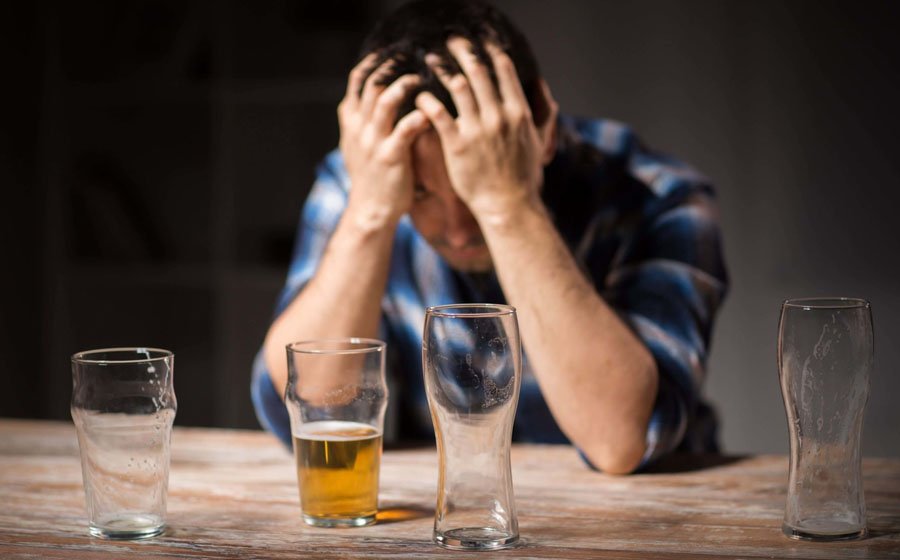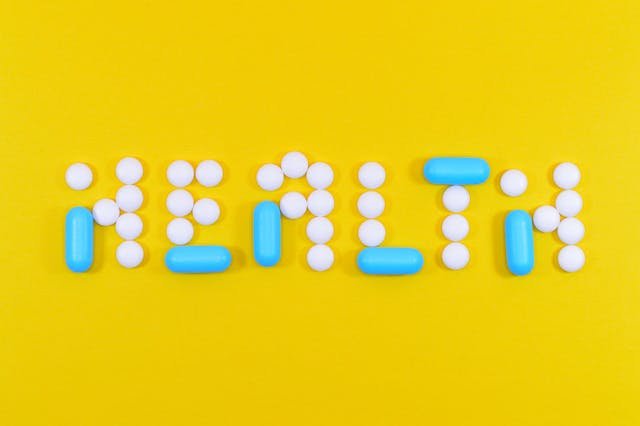The UK has long suffered from a binge drinking culture and the country is in dire straits when it comes to the number of people suffering from alcohol abuse and addiction.
There has been a large rise in the number of people seeking treatment for alcohol abuse in recent years, with many rehab centres seeing an influx of new patients. Ask any alcohol rehab centre and the reason for that influx over the last few years has been down to the stress and anxiety around the likes of covid and the effect that has had on the economy and the cost-of-living crisis.
Binge drinking is increasingly common, particularly among young people, and a new study has looked into exactly how to combat that.
The answer is remarkably simple – find a sense of purpose.
Researchers at the University of Pennsylvania, Columbia University and Dartmouth College used functional MRI scanning technology to find a relationship between various alcohol-related cues, alcohol cravings and alcohol consumption, finding that those who had a strong purpose in life were much less likely to binge drink.
Lead author of the study, Yoona Kang said, “Values and purposes can have powerful effects on how people think and behave.
“And what’s interesting about this study is that we asked participants, ‘How much sense of purpose in life do you feel right now?’ Because your level of purpose can fluctuate day by day.”
The reason cravings were largely focused on was down to the fact that it’s one of the strongest predictors of drinking, according to Kang, claiming that “if you crave, then you’re more likely to drink.”
As part of the study, researchers analysed the behaviour of 54 healthy college students each day. They were asked questions about their level of purpose each day and then reported how much they were craving alcohol.
MRI scans were then used to create a picture of brain activity in the participant when they were subject to various alcohol cues, such as photos of beer.
What was found that when people had a greater sense of purpose, they were less likely to react to the cues and less likely to have cravings, and vice versa for those feeling less purposeful.
It’s an interesting idea and one that could aid in both the encouragement to prevent drinking as well as rehab treatment, focusing on life goals and a purpose rather than talking about binge drinking and alcohol related problems themselves.
















